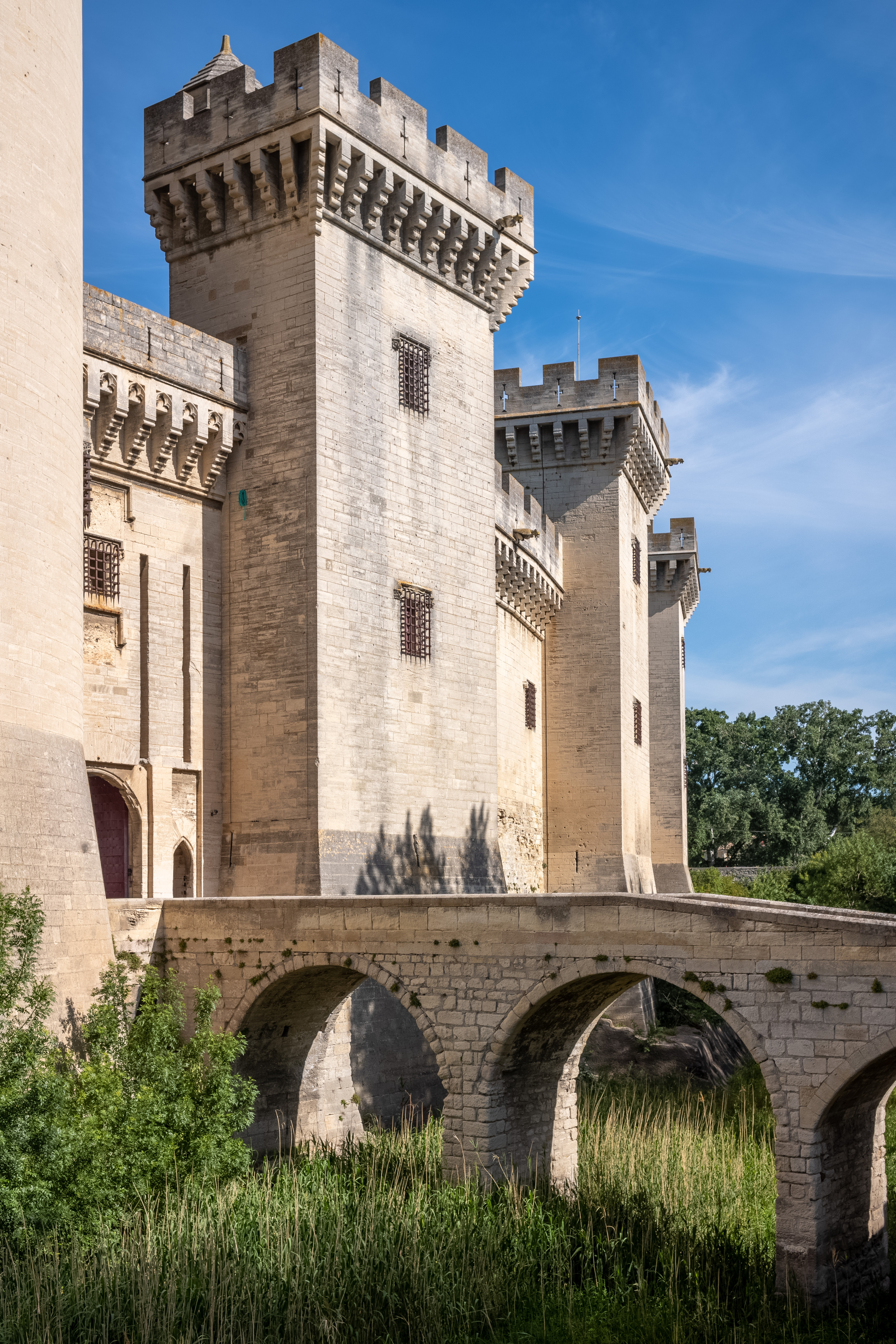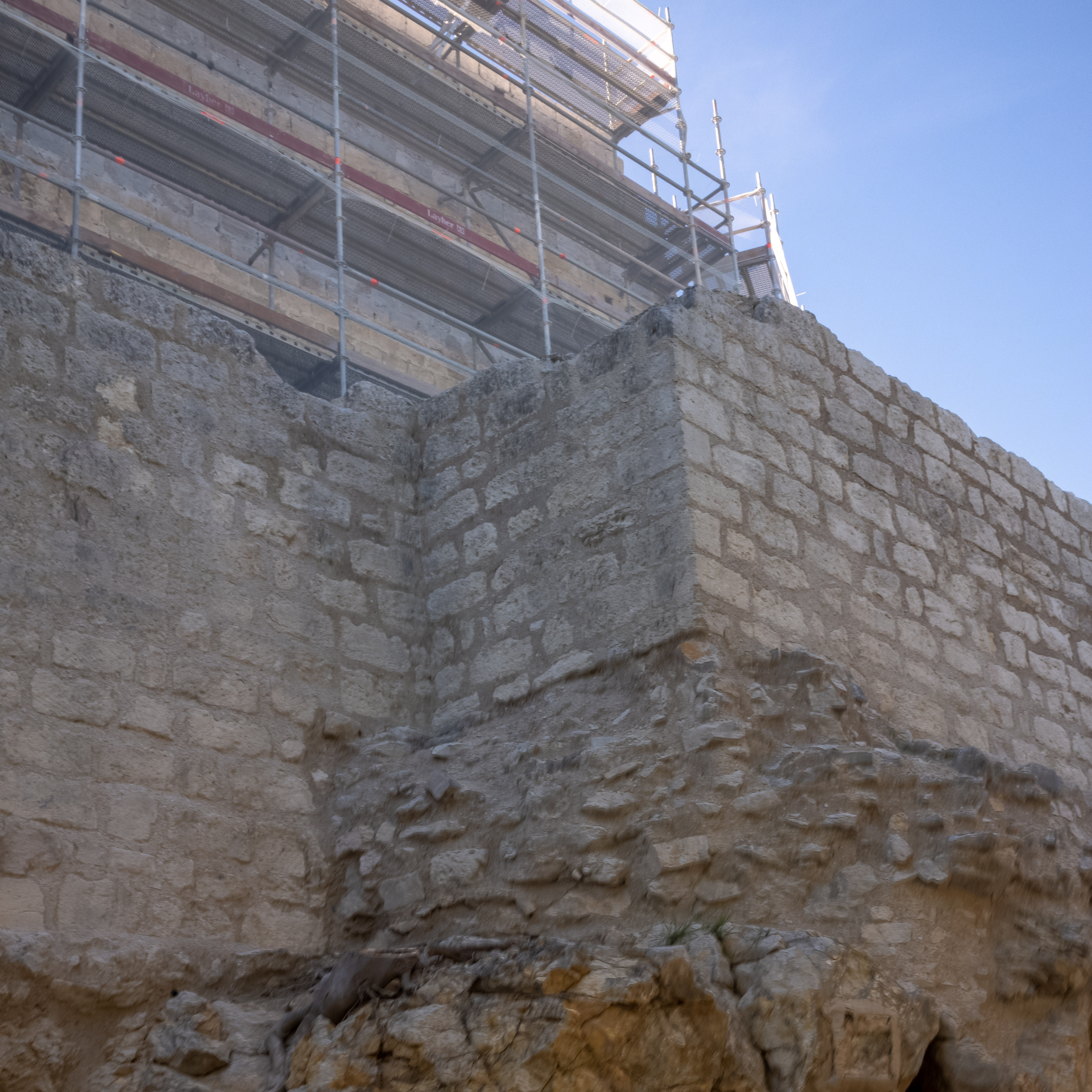
Walls establish or define a boundary. They establish a distinction between two spaces. They separate inside from outside. Walls can be for protection: to keep things out or to keep things in. The US-Mexico wall is to keep people out; the former Iron Curtain was to keep people in. Walls are [usually] man-made constructions, but more generally, boundaries can be naturally formed, including rivers, lakes, mountain ranges, forest, etc.
*
American author David Brooks, commenting on the increasing partisanship evident in today’s US society, submits it is leading to tribalism and in turn the creation of walls among us. Many argue that these walls are, in part, sponsored by globalism and the resulting unresolved impact on the local communities, including income disparities, cultural homogenization, gutting of the middle class, among other things. Yet globalism is the spawn of our [western] economic system — Capitalism — that doggedly tries to break down barriers to increase markets and reduce “friction” in whatever form it takes.

Since the end of Second War, there has been a push to establish a rules-based systems of interaction among the world’s nations. The creation of the World Trade Organization and The World Bank, among others have each in their own way worked to institutionalise these rules of the game. This levelling of the field, initially focused on reducing trade barriers to open up markets, has gradually broadened to reduce “friction” in other areas, often related to disparities that disadvantage first-world economies, or in more tangible terms, large global corporations. So, for example, the low wages in third-world countries benefit global corporations and hence the flight of capital to these places resulting in the migration of certain jobs away from the higher-cost first-world.
However, this migration of jobs has resulted in increased wealth in the receiving regions and thus we see people from the third-world increasing their representation in the global tourist market. In Arles a significant number of the tour groups were Asian.
So, while manufacturing jobs may have move to the East, jobs in the tourist industry have grown dramatically in the West. Is it in balance? I can’t say.
The European Union takes the economic co-operation further and establishes a parliamentary structure to support a pan-European legislative framework. In doing so, opponents argue, the power to decide now rests in “Brussels”, not in the hands of the local citizenry. In other words, the “locals” have lost control of their destiny.
These examples highlight often cited tensions between local and global objectives. In the context of my work, walls are something globalisation tries to break down to facilitate commerce, meanwhile, localisation tried to build them up as a means of self-protection. This is the central point of tension. Tourism, as an activity that is gaining broader global participation, is situated at this intersection.


Leave a Reply